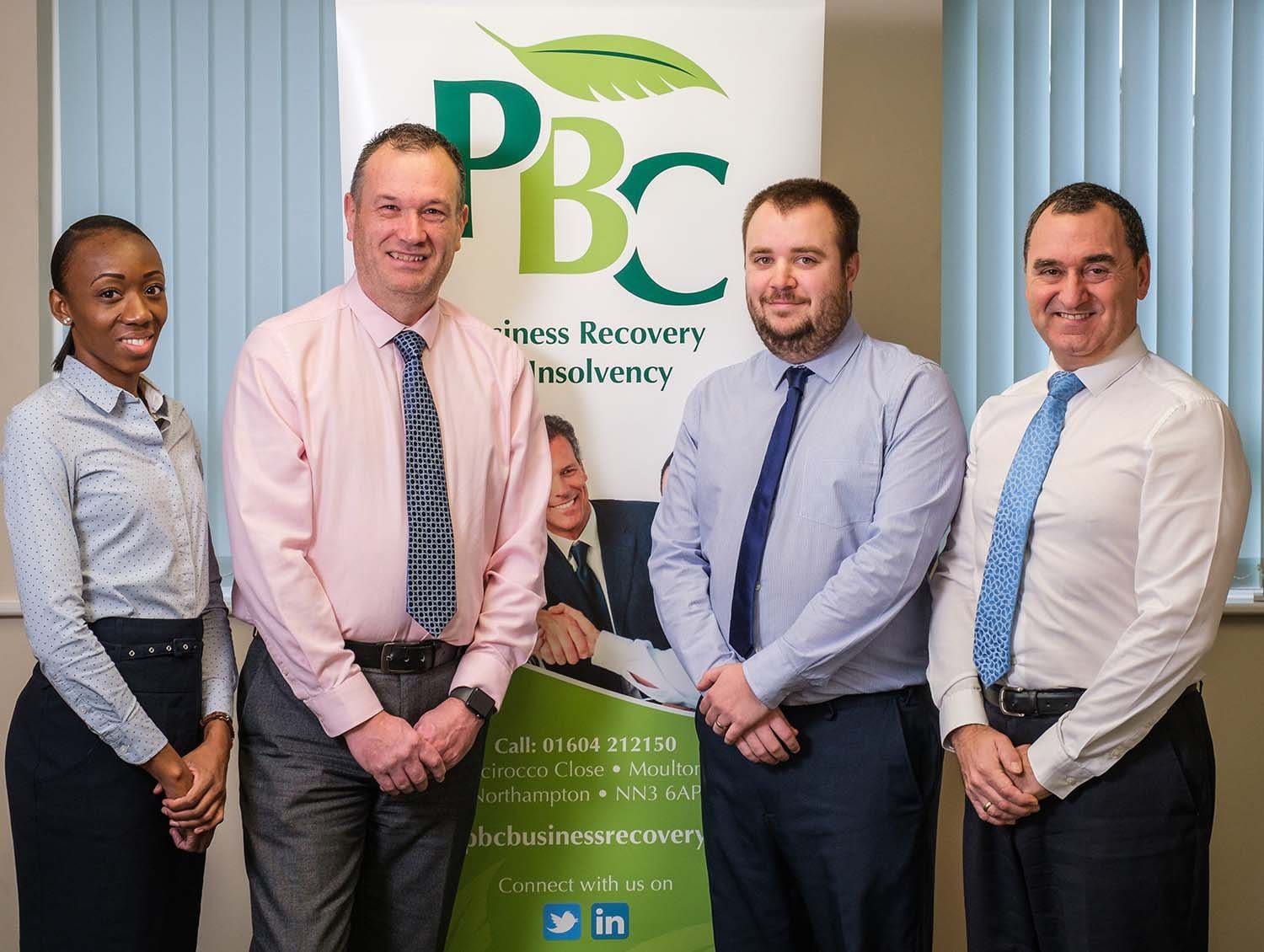Let me set the scene. You have been sued by another party; your solicitor advises you have a strong defence and should dispute the claim. During the usual exchange of correspondence, the claimants solicitor suggests mediation but, on advice reminding you of the strength of your defence you refuse, preferring instead to litigate at court.
By now you are probably thinking – ‘Why not litigate? My defence is strong, and I see no reason to pay anything to the claimant’ Unfortunately, there are always risks with court intervention, including:
– The judge agrees with the claimant’s arguments on the legal issues arising; and
– The possible cost consequences.
“Experience has shown that disputes may often be resolved in a way satisfactory to all parties, including parties who find themselves able to resolve claims against them which they consider not to be well founded.”
That risk was demonstrated in the recent decision of DSN v Blackpool Football Club Limited where, in awarding adverse costs against the defendant, the judge said: “The reasons given for refusing to engage in mediation were inadequate. They were, simply, and repeatedly, that the defendant ‘continues to believe that it has a strong defence’. No defence, however strong, by itself justifies a failure to engage in any kind of alternative dispute resolution.
“Experience has shown that disputes may often be resolved in a way satisfactory to all parties, including parties who find themselves able to resolve claims against them which they consider not to be well-founded.
“Settlement allows solutions which are potentially limitless in their ingenuity and flexibility, and they do not necessarily require any admission of liability, or even a payment of money. Even if they do involve payment of money, the amount may compare favourably (if the settlement is timely) with the irrecoverable costs, in money terms alone, of an action that has been successfully fought.
“The costs of an action will not always be limited to financial costs, however. A trial is likely to require a significant expenditure of time, including management time, and may take a heavy toll on witnesses even for successful parties which a settlement could spare them.
“As to admission of liability, a settlement can include admissions or statements which fall short of accepting legal liability, which may still be of value to the party bringing a claim.”
The above echoes the views of the court and in BXB v Watch Tower the judge stated the refusal to entertain ADR was unreasonable.
The first hurdle for any litigating party is the ability to put aside the emotions inherent with litigation. Parties feel they need their say in court, to exonerate themselves or they have a desire to cause as much discomfort to the other party. They are going before a judge in the surroundings of a court room where justice will be served. Swapping all of that for sitting in a room with a mediator popping in and out all day, facilitating a settlement can be seen as secondary justice or even, a sign of weakness.
When I carry out the role of mediator, invariably the first task is to get both parties to consider the reality of the alternative to mediation. As explained, court intervention can prove very costly, there can be delays while waiting for hearing dates (which often drag litigious matters out for a considerable time) and there is uncertainty. All too often mediation extracts the true feelings of both parties and, more often than not, the points of dispute can be resolved or, indeed, the parties have misunderstood their respective argument in the first place.
Not untypical, in the last mediation I conducted (by Zoom video conference), the parties started in a highly defensive mood; the claimant adamant their claim was good, while the defendant was equally confident the claim was spurious and they would secure adverse costs for wasting the courts time. Neither party believed there was a reason to settle. The air was thick with intransigence. However, while going through the mediation process both parties began to accept their position was not so strong as they wanted to believe, and a settlement was eventually reached later that same afternoon.
Not all mediations result in settlement but any would-be litigant needs to understand the court’s view and expectations. To ignore this is to do so at your own peril.













